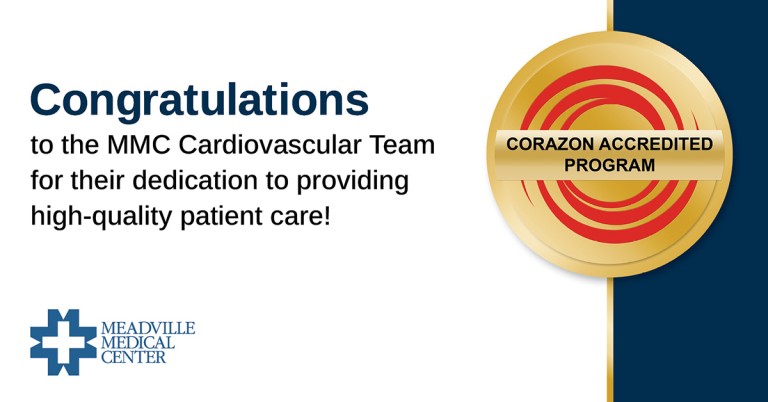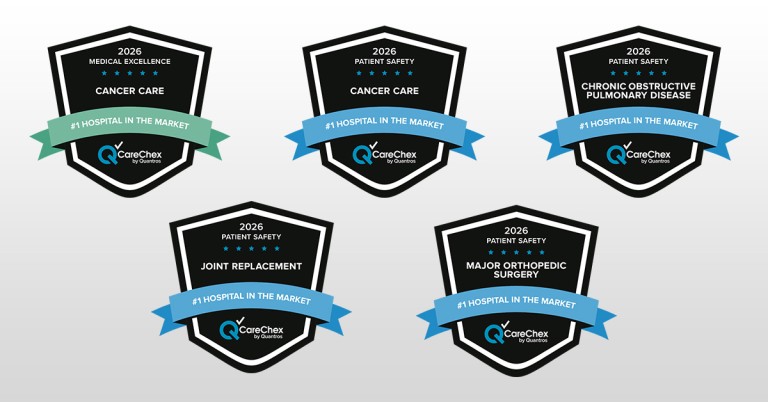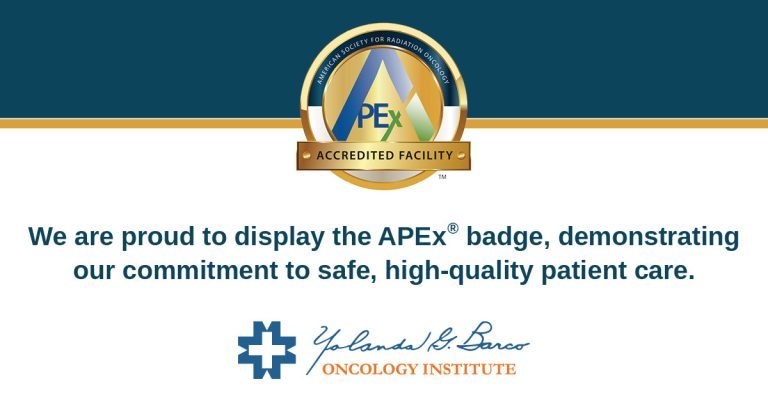Author: Joshua Norton, MS, NCC
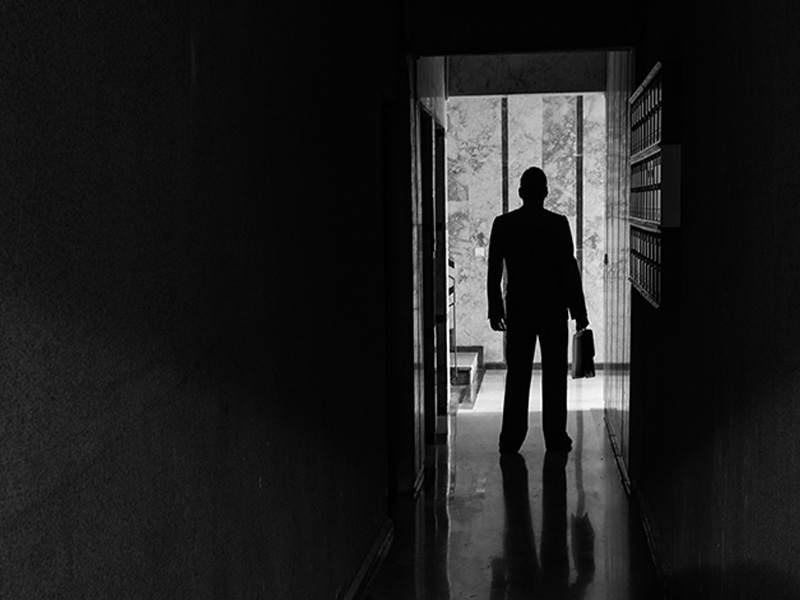
You did the hard thing; you walked into treatment, detoxed, and learned a toolkit for staying sober. So why does Day 1 after discharge feel scarier than Day 1 in detox? If that question hits home, you’re not alone. Studies show that recovery is most fragile in the first six months after treatment, and the single biggest predictor of success isn’t willpower; it’s social support.
Sobriety: the non-negotiable starting line
- Health – managing cravings, mental health, sleep, nutrition.
- Home – having a safe place that supports sobriety.
- Purpose – work, school, volunteering, or creative projects that give your day meaning.
- Community – people who accept you, hold you accountable, and keep you moving forward.
Human brains are wired for connection. Social isolation lights up the same pain pathways as hunger or physical injury. When you leave rehab, the sudden quiet can feel deafening. It’s not weakness to crave people; it’s biology. Research shows that people who plug into peer groups, 12-step meetings, or faith based communities have higher abstinence rates and lower relapse rates than those who try to “white knuckle” recovery alone. Family involvement matters too: when relatives get their own support and learn evidence based communication skills, treatment retention and long term outcomes improve for everyone.
For the Family
If you’re reading this because someone you love just finished treatment, here’s what to expect:
- Early recovery is a roller coaster. Mood swings, fatigue, and anxiety are normal.
- Your loved one may pull away from old friends, even “good” ones, while they rebuild. That’s self preservation, not rejection.
- You’ll need your own support system. Al Anon, SMART Recovery Family & Friends, or local counseling can keep you grounded and reduce burnout.
- Boundaries save relationships. Clear rules about substance use, money, and household responsibilities protect everyone’s recovery, including yours.
Your Recovery Village
Start small. One meeting, one coffee with a sober friend, one volunteer shift. Momentum compounds.
- Health: schedule primary care follow ups; move your body every day.
- Home: if your current environment is risky, consider transitional housing or sober living options.
- Purpose: set a 30-day micro goal; apply for one job, enroll in one course, finish one creative project.
- Community: exchange numbers with at least two people who “get it.” Isolation is the enemy; connection is the antidote.
When the voice of doubt creeps in remember that recovery isn’t linear. Cravings and bad days happen. When they do, remind yourself: “This urge will pass. I don’t have to act on it. I have people I can call right now.” And then call them. Shame thrives in silence; it evaporates in conversation.
Detox and rehab are launch pads, not destinations. Long-term recovery grows in the soil of health, home, purpose, and, most of all, community. You don’t have to build that alone. If you need a place to start, reach out. We’re here, and so is a community that wants to see you win.
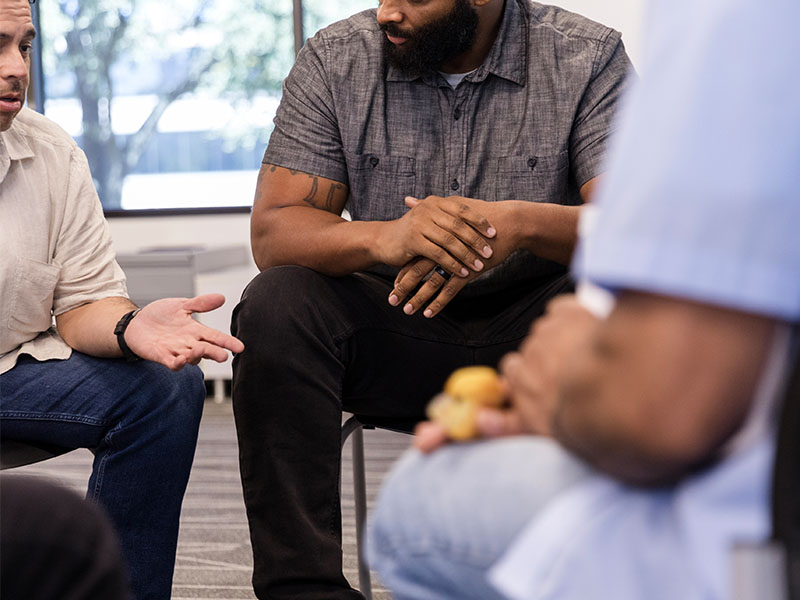
Find Support from Stepping Stones
The Stepping Stones program at Meadville Medical Center offers both inpatient detoxification and rehabilitation as well as outpatient treatment for substance use disorders. The program not only treats the individual struggling with drug and alcohol abuse, but family counseling and education services are available as well.
Call for yourself or for a loved one at: 814-333-5811.
